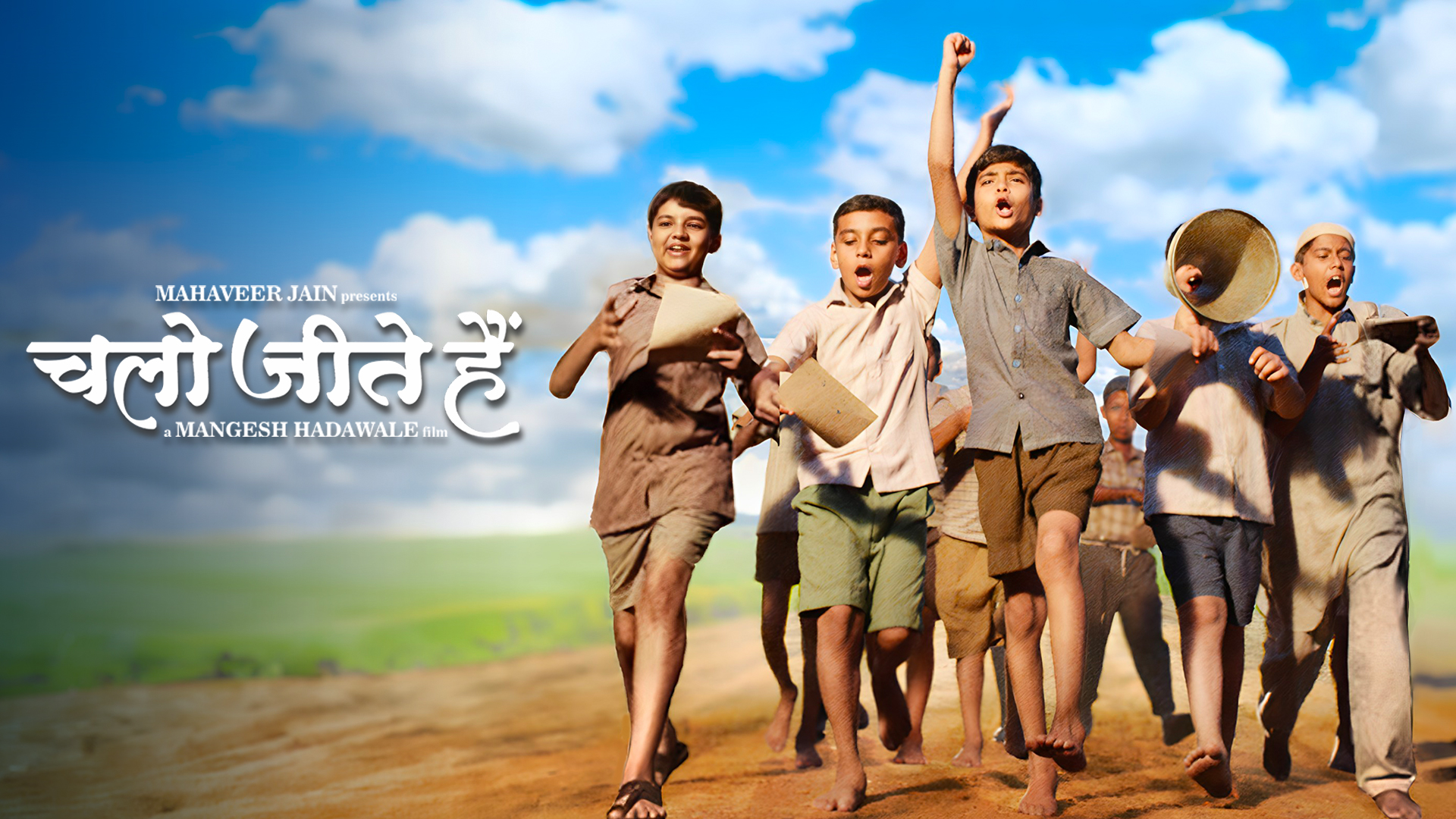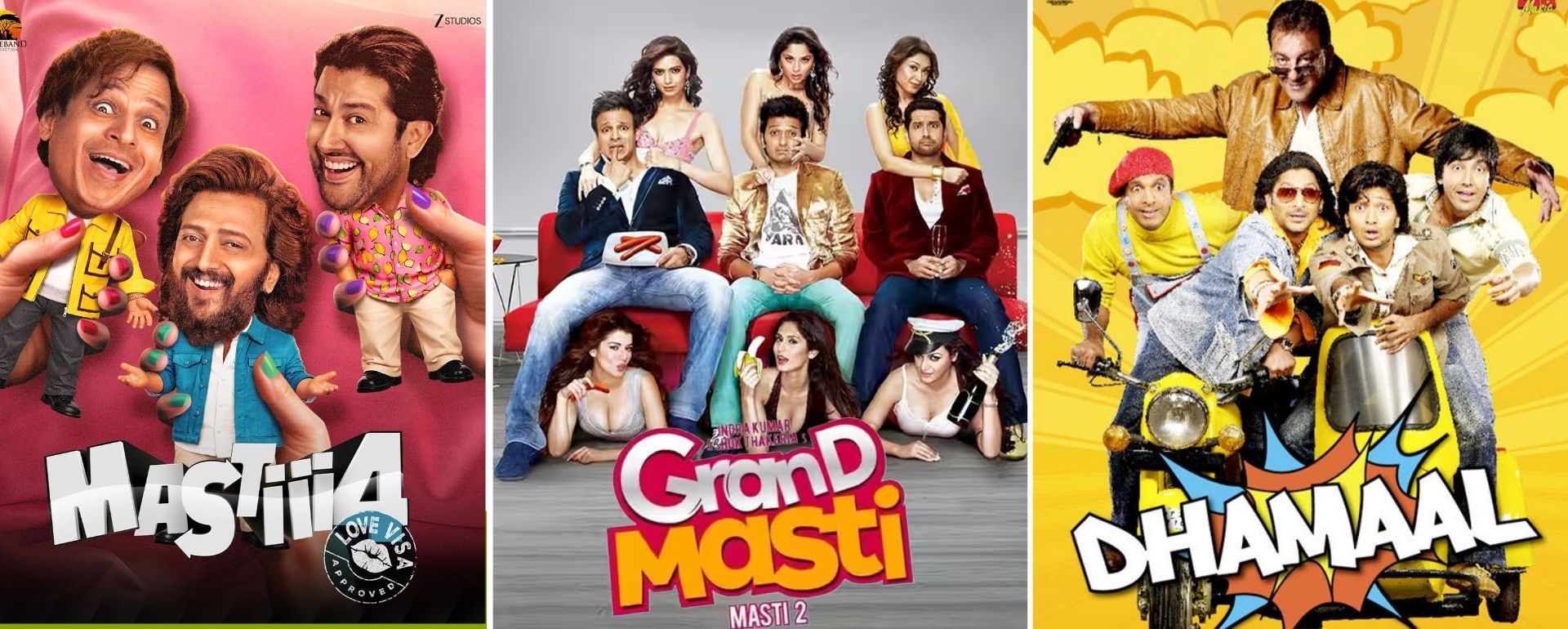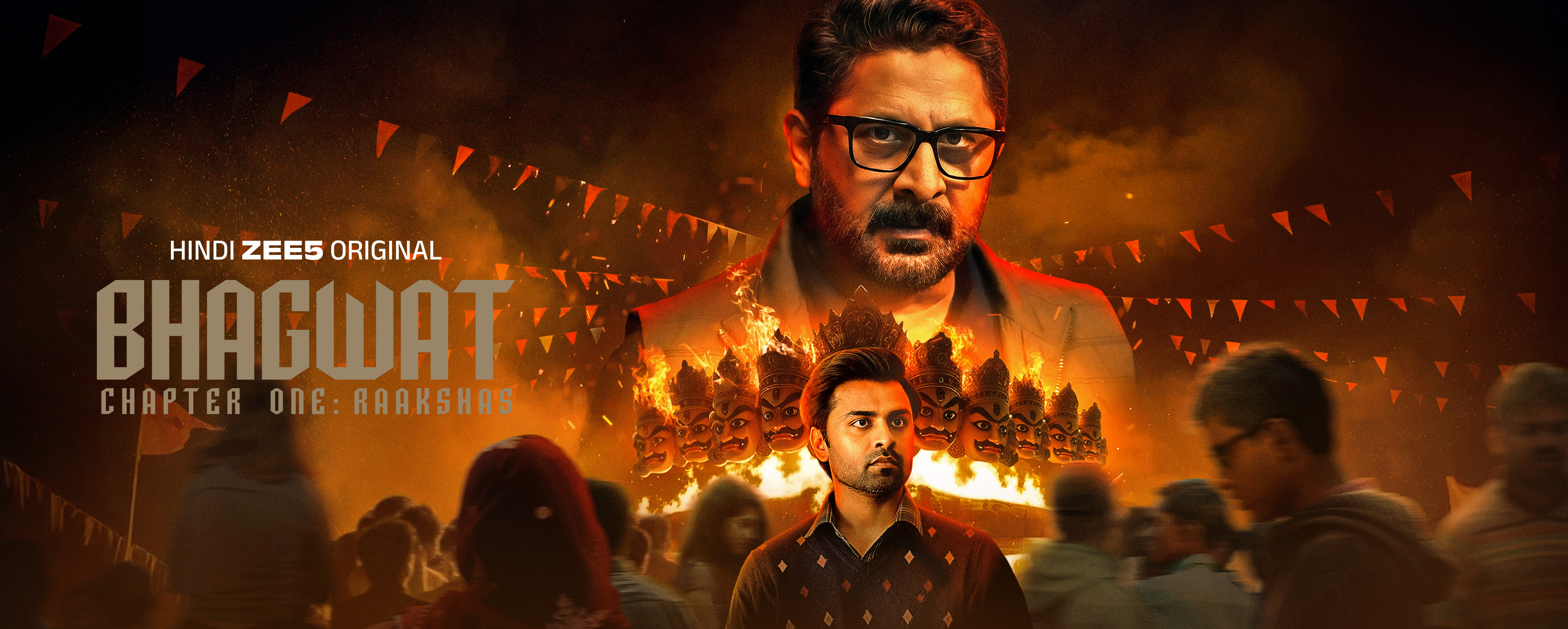Some films tear up the screen with spectacle; this one clears a little space on your couch and sits beside you. Chalo Jeete Hain is a short—about half an hour—that plays like a parable a favorite teacher once told you and you never quite forgot. No sermon, no fireworks. Just a boy called Naru who stumbles on a simple idea—the people who truly live are the ones who live for others—and then tries, clumsily and sincerely, to make his days match that sentence.
What the film is about (without the fluff)
On paper, it’s a 2018 Hindi non-feature written and directed by Mangesh Hadawale. On screen, it’s smaller and warmer than the logline suggests. Naru hears a line often linked to Swami Vivekananda and decides not to file it away as homework. He tests it. That “test” isn’t some world-saving mission; it’s the quiet circuitry of everyday life—school corridors, kitchen talk, neighbors with needs. The film has been described as inspired by episodes from the early life of Narendra Modi, but it isn’t a cradle-to-career bio. The camera keeps its gaze at kid-height, where kindness is a decision you make before anyone claps.
How it plays: tone, craft, and choices that land
Hadawale directs like someone who trusts silence. Rishi Punjabi’s camera favors clean, close frames that catch small decisions—a hand that pauses, a glance that softens. Sanjay Ingle’s edit is unshowy and exact: scenes move, but the film lets beats breathe. Shail–Pritesh’s music isn’t there to sell you feelings; it nudges when needed and steps aside when the acting does the work. The result is television-ready polish without the soap. Crucially, the script refuses to cheat. Naru doesn’t wake up a saint; he tries, gets it wrong, tries again. One choice costs him something tangible. The film lets that sting sit in the room.
Why you should watch it now
It respects your time. In roughly 32 minutes, you get a complete arc and an aftertaste. You can slot it between dinner and dishes and still feel like you watched a full story, not a trailer for one.
It’s family-safe without sugarcoating. You could show this to a 10-year-old and talk afterward about decisions rather than explosions. When Naru’s ideal runs into adult reality, the film allows friction. That’s where values become real.
It’s a smart “inspired by” template. Instead of over-explaining influence, it zooms in on the moment a maxim turns into motive. One honest slice can be more persuasive than three hours of “and then.”
It travels across screens. The intimate framing and tidy pacing make it play just as well on a phone as on a living-room TV. No scale lost, no “you had to see it in theatres” caveat.
It’s an antidote to doom-scrolling. Thirty minutes of sincerity that doesn’t feel naïve is rare. The film keeps asking the same small, hard question: Okay, but what will you do?
Performances that sell the idea
Dhairya Darji gives Naru a kind of open-faced curiosity that’s harder than it looks. He listens the way real children listen—eyes working, posture undecided, already measuring what it would cost to be brave. The grown-ups—teachers, parents, neighbours—aren’t cartoon obstacles. Some are tired, some kind, some compromised by habit. Because nobody twirls a moustache, the story’s moral stakes feel earned. When someone chooses to help (or not), it reads as a human decision, not a plot requirement.
The rollout that made noise without multiplexes
If you like the business of movies, the path this short took is its own lesson. It screened at Rashtrapati Bhavan, then at the Parliament’s Balayogi Auditorium, and only after that did it hit a prime-time TV/OTT premiere. Months later, it picked up the National Film Award for Best Film on Family Values (Non-Feature). You don’t need those laurels to enjoy it, but they explain why the title keeps resurfacing: institutions read it as a neat, teachable story you can program widely and feel good about afterward.
What you’ll notice if you pay attention
Watch how the film treats “help” not as grand performance but as steady habit. A pencil is lent, a chore is done, a small injustice is interrupted; that last one matters most. Also notice the restraint around dialogue. A lesser script would underline the quote every ten minutes. Here, the line arrives, and the rest of the film behaves as if it’s true. That discipline is why the ending lands: not with confetti, but with a settled sense that the boy has changed his posture toward the world.
If you’re watching with kids (or with your phone on silent)
Try this: pause once midway and ask the corny question the movie keeps nudging—What would you do here?—and then don’t answer for them. Let the awkwardness work. The film is gentle, but it’s not shy about showing that kindness has a price tag: your time, your reputation, your convenience. That’s a conversation worth having while the credits are still warm.
Where it sits in the larger conversation
We’re very good at applauding virtue on social media and not so great at practicing it in the queue or the classroom. Chalo Jeete Hain shrinks the gap by making goodness look practical rather than performative. It’s not interested in “brand values.” It’s interested in the kind you can enact before breakfast. In an era of maximalist storytelling, that modesty is strangely radical. The film suggests that the real “hero shot” isn’t a pose at all; it’s a daily posture—shoulders squared toward other people.
Final word: what lingers after the credits
You don’t walk away humming a theme or quoting a killer monologue. You walk away with a sentence echoing in your head—the one Naru can’t shake: people who live for others, live. Not a policy. A practice. Thirty-two minutes later, your tea might still be warm, and you’ll find yourself doing quiet arithmetic: where can I trade a little convenience for someone else’s relief? If a movie gets you to ask that once—just once—then it’s more than a short. It’s a nudge you carry into the next ordinary day.
Bio of Author: Gayatri Tiwari is an experienced digital strategist and entertainment writer, bringing 20+ years of content expertise to one of India’s largest OTT platforms. She blends industry insight with a passion for cinema to deliver engaging, trustworthy perspectives on movies, TV shows and web series.




